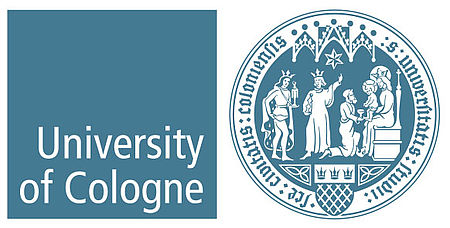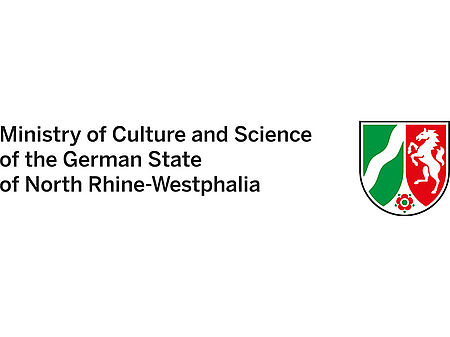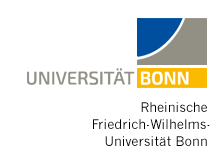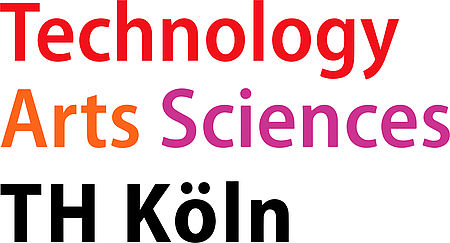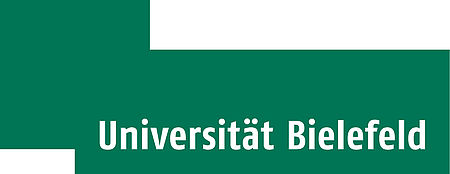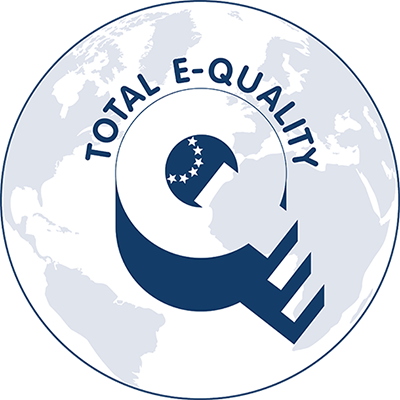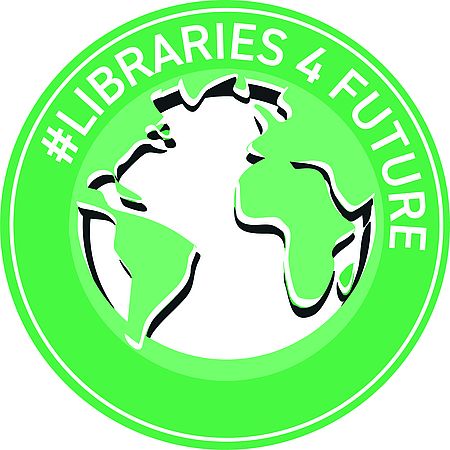
ZB MED publishes the “List of MAK and BAT Values” as an open-access publication. Compiled by the German Research Foundation (DFG), the list defines recommended limits for chemical compounds in workplace air. MAK stands for Maximale Arbeitsplatz-Konzentration, or maximum workplace concentration, while BAT stands for Biologische Arbeitsstoff-Toleranzwerte, or biological tolerance values. Organisations can protect the health of their employees by ensuring the specified thresholds are not exceeded. The “List of MAK and BAT Values” is published annually on 1 July in German, English and Spanish. The list is used by the corresponding national and international authorities as a basis for defining statutory occupational health and safety standards.
As well as toxicological evaluations of each compound, the list also includes recommended monitoring methods. It is compiled by the DFG’s Permanent Senate Commission for the Investigation of Health Hazards of Chemical Compounds in the Work Area, also known as the MAK Commission. Documentation of the toxicological evaluations and monitoring methods is prepared by the Commission with the support of the Commission’s scientific office. This documentation includes all available information on each compound, describes its mechanism of action and provides recommendations on practical steps that can be taken to protect employees.
The MAK Collection currently contains evaluations and monitoring methods for over 1,000 hazardous compounds in the workplace. Around 80 new evaluations and 25 new monitoring methods are added each year. All the documentation is made available to the scientific community and the general public as open-access publications.
ZB MED’s role in the project
ZB MED is responsible for publishing the MAK Collection in the form of an online portal. This contains explanations of the reasoning behind the recommended limits for each compound as well as details of the corresponding measurement and monitoring methods. The lists are published on the PUBLISSO publishing platform for gold open access.
Duration
1 July 2019 – 30 June 2023
1 July 2023 – 30 June 2025
1 July 2025 – 30 June 2027
Funding bodies
German Research Foundation (DFG)

